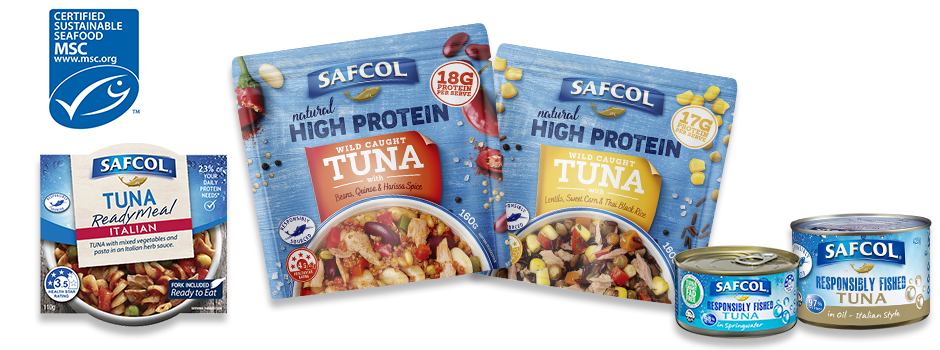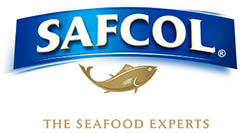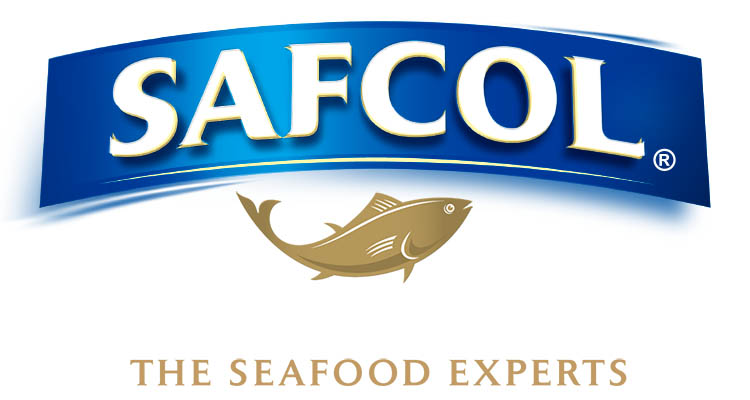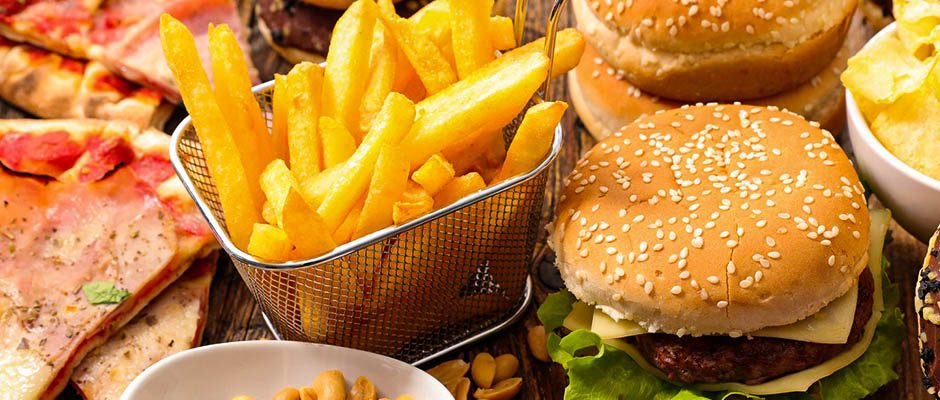by Ashleigh Feltham
Accredited Practising Dietitian and Accredited Nutritionist
Have you ever considered the meal you just consumed has immediate effects on the health and function of your body? When you eat, the effects of breaking down the meal causes an inflammation in your body called postprandial inflammation or post-meal inflammation.
The composition of each macronutrient and the amount of carbohydrate, fat and protein all influence your body’s response and the amount of inflammation your body is exposed to.
The effects of the food choices you make on your body’s health are not just felt long term. Postprandial inflammation can have a negative effect on your blood cell walls as soon as 3 to 4 hours after your meal. Over time, this damage can become extensive and develop into heart disease. The good news is your diet choices can either increase or decrease the amount of postprandial inflammation.
Looking specifically at fat, saturated, monounsaturated omega-6 fat or omega-3 fat all elicit a different response in your body. The average western diet contains around 20-40g of fat in a meal.
If you eat 3-4 meals a day your body is almost always in a postprandial state so the main type of fat in your meals matters.
A meal that contains more saturated fat leads to higher fat deposits left in your blood, greater inflammation, and damage to your blood vessel walls. This is an independent risk factor for developing heart disease and is something you want to reduce as much as possible.
The good news for lovers of Safcol Seafood is both omega-3 fat and specifically the two components which make up seafood called Docosahexaenoic acid (DHA)and eicosapentaenoic acid (EPA) lead to a reduction of blood fat levels following your meal compared to saturated fat. The mechanism in Omega-3 fat reduces compounds that carry fat through your blood called chylomicrons. Specifically, the bad cholesterol called very-low-density lipoprotein (VLDL) helps cholesterol build up on the cell walls of your arteries. The equivalent of 3g a day of omega-3 fat from marine sources like Safcol Seafood can help to clear VLDL from your blood following a meal. This is good news for your heart as VLDL in excess causes plaque on your artery walls and leads to heart disease.
If you are wondering how the other fats compare to omega-3 fat, omega-3 fat is the gold medallist in this competition against monounsaturated, omega-6 and saturated fats. The choice of fat matters.

Take home message
Include 100g of your favourite Safcol Seafood variety 2-3 times a week to provide your body with optimal omega-3 amounts. Try selecting fattier fish for more omega-3 such as sardine and salmon but all seafood will provide your body with the health optimising omega-3 fat.

References:
- Brown AJ, Roberts DC. Moderate fish oil intake improves lipemic response to a standard fat meal. A study in 25 healthy men. Arterioscler Thromb. 1991 May-Jun;11(3):457-66. doi: 10.1161/01.atv.11.3.457. PMID: 2029489.
- Harris WS, Connor WE, Alam N, Illingworth DR. Reduction of postprandial triglyceridemia in humans by dietary n-3 fatty acids. J Lipid Res. 1988 Nov;29(11):1451-60. PMID: 3241121
- Peairs AD, Rankin JW, Lee YW. Effects of acute ingestion of different fats on oxidative stress and inflammation in overweight and obese adults. Nutr J. 2011 Nov 7;10:122. doi: 10.1186/1475-2891-10-122. PMID: 22059644; PMCID: PMC3225315.
- Margioris AN. Fatty acids and postprandial inflammation. Curr Opin Clin Nutr Metab Care. 2009 Mar;12(2):129-37. doi: 10.1097/MCO.0b013e3283232a11. PMID: 19202384.
- Oscarsson J, Hurt-Camejo E. Omega-3 fatty acids eicosapentaenoic acid and docosahexaenoic acid and their mechanisms of action on apolipoprotein B-containing lipoproteins in humans: a review. Lipids Health Dis. 2017 Aug 10;16(1):149. doi: 10.1186/s12944-017-0541-3. PMID: 28797250; PMCID: PMC5553798.
- Sanders TA. Dietary fat and postprandial lipids. Curr Atheroscler Rep. 2003 Nov;5(6):445-51. doi: 10.1007/s11883-003-0034-x. PMID: 14525677.
The immediate effects of your choice of fat














Comments are closed.